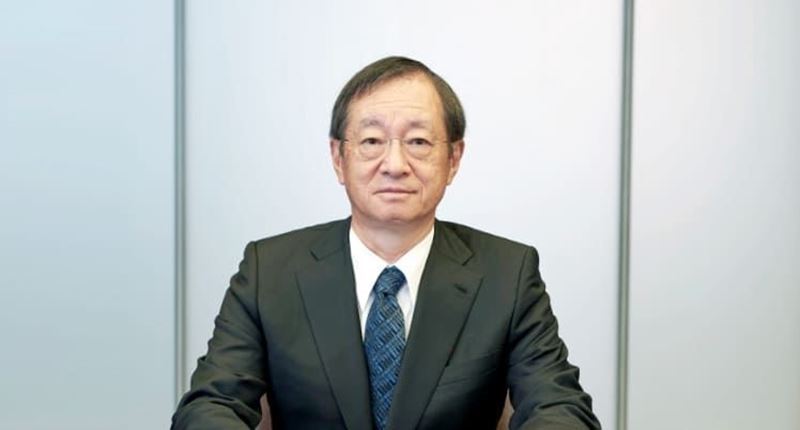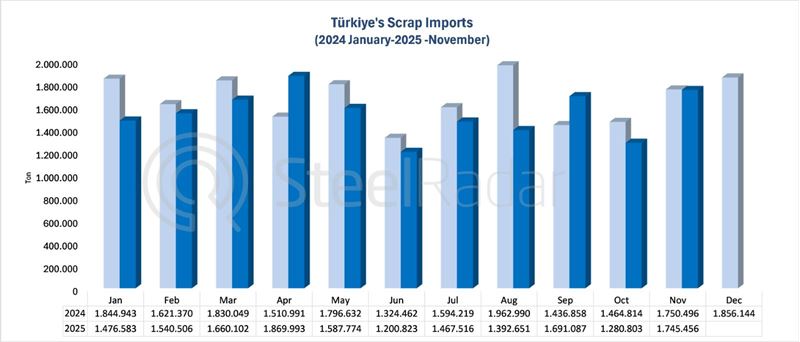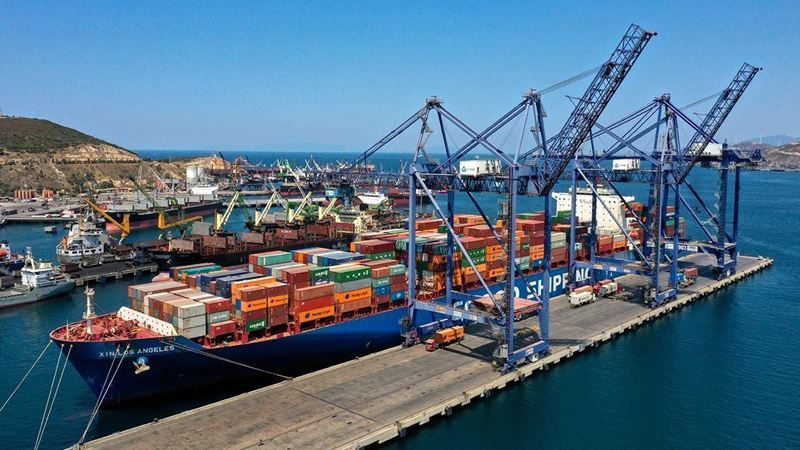In an interview with Japanese business daily Nikkei, CEO Eiji Hashimoto stated, “We aim to become a world-leading company that leaves dreams and opportunities for future generations.” He recalled that Nippon Steel was the global leader in the 2010s, but lost its top position in the 2020s as Chinese rivals surged ahead.
Following the acquisition, Nippon Steel is planning $20 billion in investments. These funds will be used to establish new facilities and introduce advanced production lines, including electric steel sheet manufacturing — a segment not currently produced in the U.S. The goal is to ramp up production capacity from 40 million tonnes to 100 million tonnes.
Hashimoto noted the decline of the U.S. steel industry and a significant shortage of engineers. To help bridge this gap, Nippon Steel has initially dispatched 40 Japanese engineers to the U.S., with plans to increase that number to 100. The company also intends to share this technical expertise with operations in India and Europe.
To capture market share from Cleveland-Cliffs, the second-largest steelmaker in the U.S., Nippon Steel will focus on high-quality steel production. To ease political concerns in Washington, the company agreed to issue a "golden share" to the U.S. government — giving it veto power and ensuring that domestic production capacity cannot be reduced without approval.
Despite potential economic headwinds in the U.S., Hashimoto emphasized the country’s low self-sufficiency rate of around 55%, highlighting a strong growth opportunity for domestic steel production.
Internationally, Nippon Steel aims to counter China's growth, particularly in India and Thailand. In India, the company plans to expand its joint venture with ArcelorMittal and increase production by 15 million tonnes over the next decade. In Europe, the company is evaluating a plan to increase US Steel's Slovak plant capacity from 4.5 million to 10 million tonnes.
Back home in Japan, steel demand has plateaued at around 50 million tonnes and is expected to fall below 40 million tonnes. Hashimoto concluded, “Large-scale production is essential to maintain and advance our technologies. Scale is a necessity.”










Comments
No comment yet.